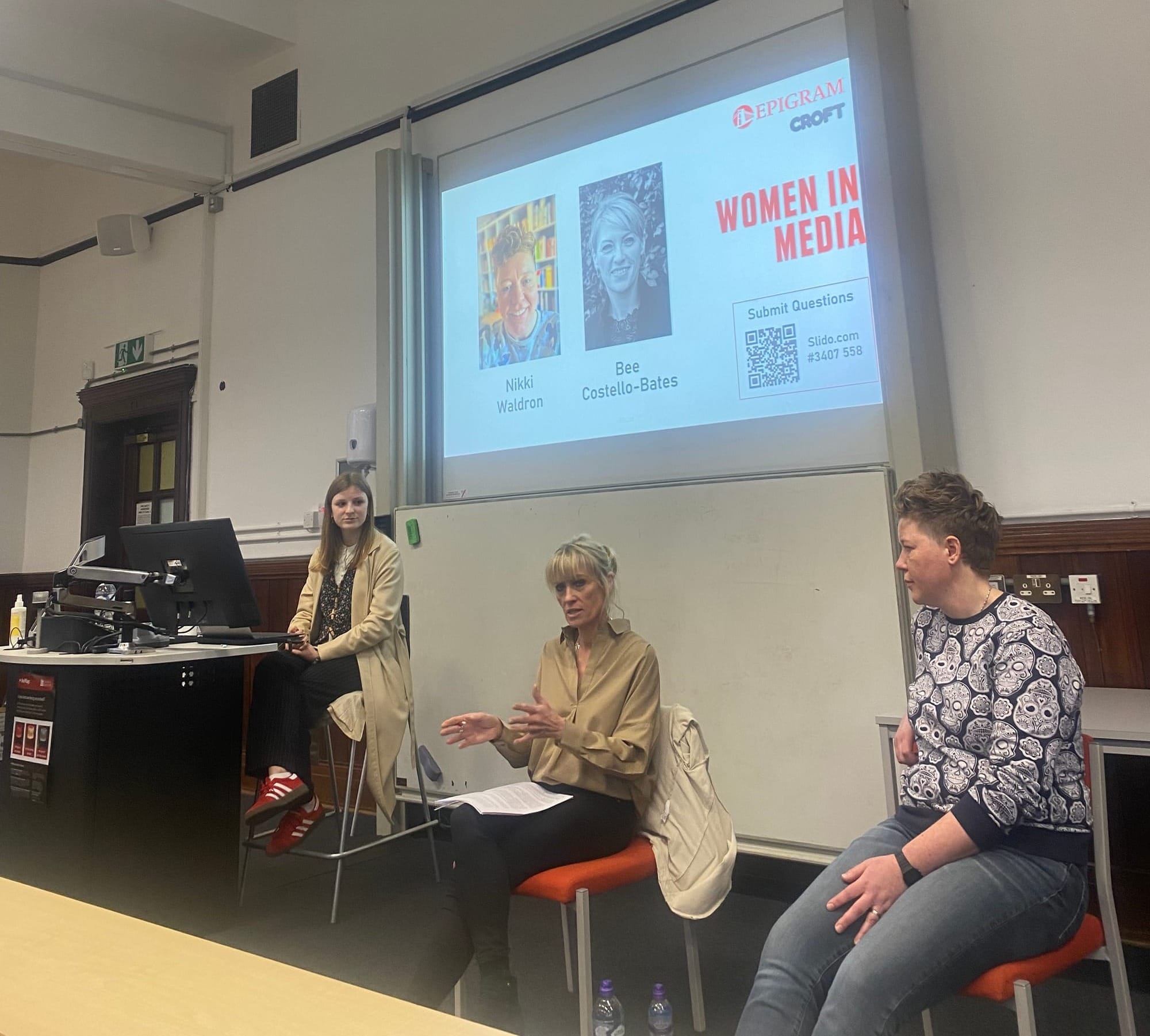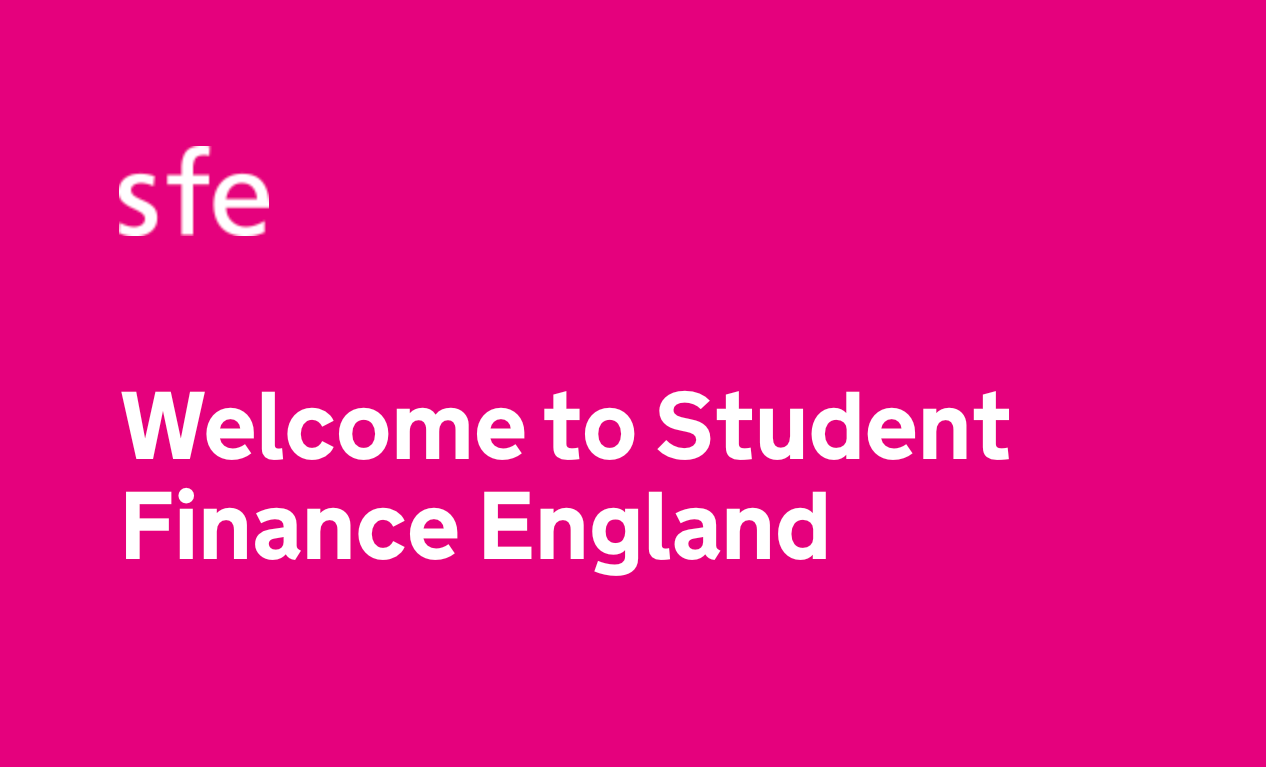By Sofia Webster, Co-Deputy Film and TV Editor
On 11 and 12 March, Epigram held its long-awaited Women in Media Week in the Wills Memorial Building. It was the second time the panels have run since Epigram's Senior Team 2022/23 started the annual event.
This year saw talks from several knowledgeable and talented women who work in different sectors across a nuanced and expansive industry.
On Monday 11 March, Epigram hosted Nikki Waldron, a Producer at the BBC in the Natural History Unit and Bee Costello-Bates, the founder of her own media company Costello Media as well as a freelance journalist who across her career has worked in numerous creative fields from PR to screenwriting.

Both of their life experiences complemented one another’s throughout this talk, and it was especially insightful hearing how their experiences as students in Bristol influenced their careers as they both reflected on this at the talk years later.
On Tuesday 12 March, Epigram hosted Helena Wadia, a freelance journalist, Helen Thomas, who works for BBC Radio 2 as well as Louise Robinson, the Editorial Director for Saga Magazine and Ella Alalade: a freelance writer, playwright and archivist.
These women provided lots of advice on working in an array of sectors within the media industry – whether that be radio journalism or archival media. The talk further focused on the shifting career paths for more recent generations due to technological advancements: the fact that more students are obtaining a degree, among other reasons, has meant that women who have entered the media industry more recently did not feel it was necessary to get formal training upon graduating university.
In contrast, the interviewees who graduated from university less recently stressed how vital it was for them to achieve a media-related qualification – whether that be a masters or NCTJ-approved course. This change in mindset was interesting to learn about: it may influence the decisions students choose to take after graduation.
As a student listening to these women, these talks highlighted the career paths which led them to such successful positions in a male-dominated industry. Some advice that was repeatedly offered was the importance of getting involved in student media whilst at university (especially in a city with such a vibrant creative presence like Bristol) within whichever medium entices you most.
It has proved incredibly successful and a fantastic opportunity for students looking to start a career in the media industry to gain invaluable advice from women who have achieved success in such a competitive industry.
Student media is a fantastic opportunity to gain experience within a city with so much to offer. We learnt it has significant benefits for gaining successful positions in the media industry. As well as this, some key takeaways from Women in Media Week were to do your research when applying and interviewing for jobs as a graduate, always be kind and to put yourself out there!
Did you attend any of the Women in Media panels?






